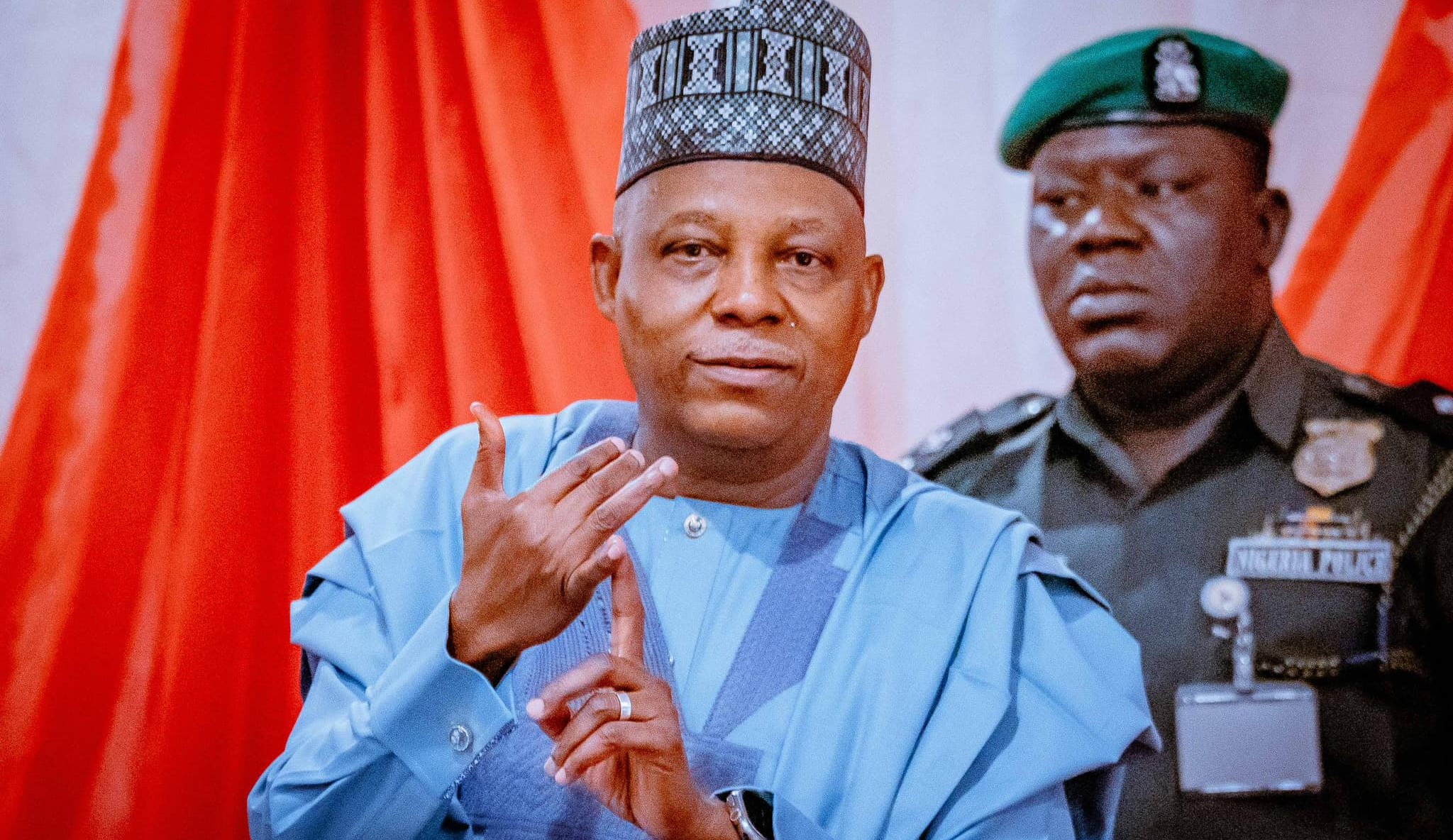Nigerian Vice President Kashim Shettima delivered a riveting and controversial address to the United Nations General Assembly on September 23, 2024. The speech, which was intended to preface President Bola Tinubu’s official remarks, instead became a forceful proclamation of a new era in African leadership and a stark warning to the international community.
As delegates from around the world settled into their seats at the UN headquarters in New York, few could have anticipated the seismic shift in tone that was about to unfold. Vice President Shettima, known for his measured approach to diplomacy, took to the podium with an air of quiet determination.
I am not sure when I will next have the honor of addressing you in this capacity,” Shettima began, his voice clear and unwavering. “It may be next year or in another two or six years. But I am confident that I will return. Until then, I heed what our African elders said: ‘When a man climbs an Iroko tree, he should harvest firewood while on top.'”
With these words, Shettima set the stage for a speech that would challenge long-standing power dynamics and send ripples through the international diplomatic community.
In a striking departure from the conciliatory tones often adopted by African leaders in international forums, Shettima positioned himself and his peers as a new generation unburdened by colonial histories.
We are not the subdued leaders the world has dealt with since independence,” he declared, his words echoing through the chamber. We are proud men and women who did not give a hoot what happened during colonization.
This bold stance caught the attention of Dr. Amina Diop, a political scientist from Senegal’s Cheikh Anta Diop University. “Shettima’s speech marks a significant shift in African diplomatic discourse,” Dr. Diop noted. It’s a clear signal that the continent is ready to assert itself on the global stage in unprecedented ways.
Throughout his address, Shettima wove together themes of cultural pride, historical awareness, and future ambition. He spoke of his Kanuri heritage, describing himself as “a descendant of a proud and storied tradition” and “by nature, a warrior.
This emphasis on African identity and strength resonated with many in the audience. Kwame Asante, a Ghanaian diplomat present at the speech, remarked, “It was refreshing to hear an African leader speak with such unapologetic pride in our heritage and potential.”
“At the right time, we will restart our journey and, in a short while, wipe out a century of disruptions. Those of you worried about a bold and ambitious China better prepare for an informed and vengeful Africa that will emerge when this crop of old and tired leaders you see in this chamber today die off and leave the stage for us.
Perhaps the most controversial aspects of Shettima’s speech were his direct challenges to established global power structures. He warned of a coming shift in the balance of power, stating, “The era of sucking up to you all and licking your behind is all but over. When we take complete control, you will know new kids are on the block.”
These statements drew mixed reactions from the international community. While some applauded the Vice President’s boldness, others expressed concern about the confrontational tone.
U.S. State Department spokesperson Jane Smith offered a measured response: “While we respect Vice President Shettima’s right to express his views, we believe constructive dialogue is the best path forward for addressing global challenges.
Amid the forceful rhetoric, Shettima’s core message was clear: Africa demands respect and equal partnership on the global stage. He emphasized the continent’s vast resources, both natural and intellectual, and its potential for technological advancement.
“Our brains have the necessary neurons it needs to produce drones, nuclear weapons, and spacecraft,” Shettima asserted. “Nothing in your modular oblongata makes you superior in any shape or form. We are going to achieve those in my lifetime.”
As Shettima concluded his remarks, inviting Nigeria’s permanent representative to deliver President Tinubu’s official address, a palpable sense of shock and anticipation hung in the air. The Vice President’s speech had undoubtedly marked a turning point in African diplomacy, challenging long-held assumptions and power dynamics.
While the full implications of Shettima’s words remain to be seen, one thing is clear, the international community has been put on notice. A new generation of African leaders is emerging, unafraid to assert their place on the global stage and demand the respect they believe is long overdue.
As delegates filed out of the assembly hall, hushed conversations and heated debates erupted in every corner. The world will be watching closely to see how this bold new stance from Africa’s leadership will shape international relations in the years to come. One thing is certain: the diplomatic landscape has shifted, and the reverberations of Vice President Shettima’s speech will be felt for years to come.



